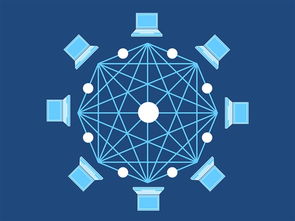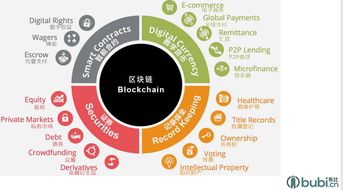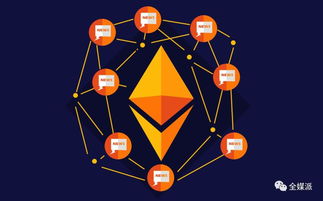
广州公证区块链取证安卓版

- 文件大小:34.56MB
- 界面语言:简体中文
- 文件类型:Android
- 授权方式:5G系统之家
- 软件类型:装机软件
- 发布时间:2024-10-21
- 运行环境:5G系统之家
- 下载次数:405
- 软件等级:
- 安全检测: 360安全卫士 360杀毒 电脑管家
系统简介
The Global Impact of Blockchain Technology: A Comprehensive Overview

Blockchain technology has emerged as a revolutionary force across various industries, reshaping the way we perceive and interact with digital transactions. This article delves into the global impact of blockchain, exploring its applications, challenges, and future prospects.
Blockchain: The Basics

Before delving into its global impact, it's essential to understand the basics of blockchain. At its core, blockchain is a decentralized ledger that records transactions across multiple computers so that the record cannot be altered retroactively without the alteration of all subsequent blocks and the consensus of the network.
Financial Industry Transformation

One of the most significant impacts of blockchain technology has been on the financial industry. Traditional banking systems have been disrupted by cryptocurrencies like Bitcoin, which utilize blockchain technology to enable peer-to-peer transactions without the need for intermediaries.
Cross-Border Payments and Remittances

Blockchain technology has the potential to revolutionize cross-border payments and remittances. By eliminating the need for intermediaries and reducing transaction costs, blockchain can make international money transfers faster, cheaper, and more transparent.
Supply Chain Optimization

The supply chain industry has also been significantly impacted by blockchain. By providing a transparent and immutable ledger of transactions, blockchain can help businesses track goods and services from origin to delivery, reducing fraud and improving efficiency.
Healthcare and Blockchain

In the healthcare sector, blockchain is being explored for its potential to enhance patient data security and interoperability. By creating a decentralized and secure record of patient information, blockchain can help prevent data breaches and streamline healthcare processes.
Challenges and Limitations

While blockchain offers numerous benefits, it also faces challenges and limitations. Scalability, energy consumption, and regulatory hurdles are some of the key issues that need to be addressed for widespread adoption.
Future Prospects and Innovations

The future of blockchain is bright, with ongoing research and development aimed at overcoming current limitations. Innovations such as layer 2 solutions, cross-chain interoperability, and improved consensus mechanisms are expected to drive the technology forward.
Conclusion

In conclusion, blockchain technology has the potential to transform various industries on a global scale. By addressing its challenges and embracing innovation, blockchain can continue to revolutionize the way we conduct digital transactions and interact with the world.
常见问题
- 2024-10-30 tokenpocket钱包安卓v1.8.7版
- 2024-10-30 OpenSea钱包安卓版
- 2024-10-30 TronLink钱包安卓版
- 2024-10-30 Binance钱包安卓版
装机软件下载排行







